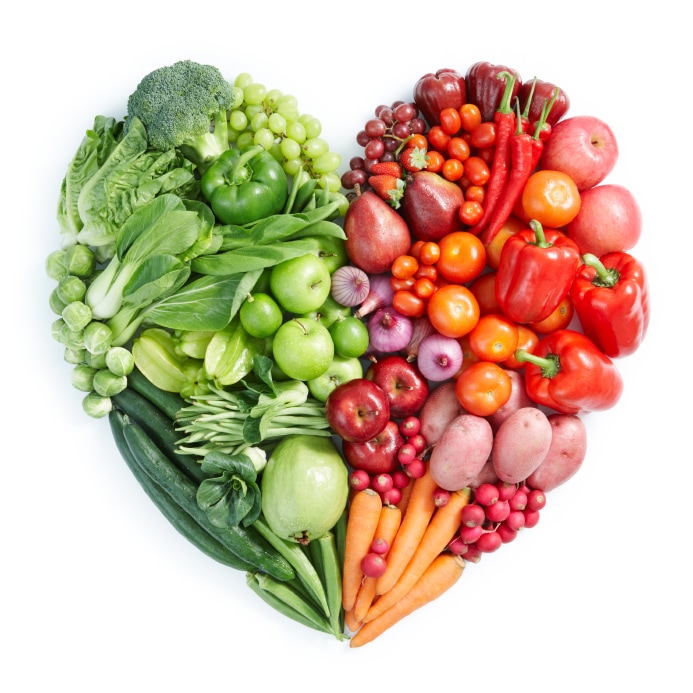| by guest blogger Anne Forbes | Reduce Your Cholesterol With a Healthy Diet Recently discovered that your cholesterol levels are too high? You’re not alone. More than 102 million Americans currently have cholesterol levels that are higher than they should be. High cholesterol increases your risk of heart disease and of suffering a heart attack, but you don’t have to suffer for the rest of your life; it is also a reversible condition, and it is entirely possible to reduce your cholesterol back down to healthy levels. If you are HIV+ then having high cholesterol levels could prove particularly dangerous to your health, and it is important to keep your levels under control in order to remain as fit and healthy as possible, so that you have the physical strength you need to battle your condition. Many people are reluctant to take cholesterol lowering medications, particularly if they are already taking a cocktail of drugs for other conditions: they may not want to put more chemicals in their system, or they may not be able to afford or have the health insurance to cover yet more medication. The good news is that, if you are prepared to put in some effort and completely overhaul your lifestyle, it is possible to reduce your cholesterol levels without medication, using diet and lifestyle changes alone. Here’s how: Eat Heart Healthy Foods We all know how important it is to eat at least five portions of fruits and vegetables every day, but did you know that, when it comes to heart health, some fruits and vegetables are better than others? All fruits and vegetables are good for you, and you should aim to eat as many as possible, but when it comes to their cholesterol lowering properties, the super veggies you should be including in your diet are: sweet potatoes, apples, aubergines, strawberries, broccoli and prunes. All of these fruits and veggies contain high levels of soluble fibre. They are also all easily accessible and affordable, making them a great place to start if you are trying to modify your diet to lower your cholesterol. Other foods you should add to your diet are oats and barley, which are rich in cholesterol lowering beta glucan. Why not start your day with a bowl of porridge oats or an oat-based cereal? This will start your day right, and immediately kick start your cholesterol lowering efforts. Finally, it’s time to give up butter and lower it with a spread containing plant stenols instead. These block cholesterol absorption in your gut and will lower your cholesterol by up to 10% in just three weeks. Avoid Saturated Fats Unfortunately you can’t just add delicious foods to your diet: you also have to take certain types of food out. One of the biggest offenders is saturated fat, which most of us include in our diet at far too high a level. You will find saturated fat in processed foods (such as ready meals) and manufactured snacks, such as cookies and cakes. If you tend to buy pre-packaged foods then you should read the labels carefully and stick to the products with the lowest available levels of saturated fat. Better still, if you have the time, avoid the pre-packaged foods and make your own from scratch, so that you know exactly what you’re eating. This doesn’t mean that you have to avoid eating fat altogether: the natural fats that occur in nuts and fish can actually help to lower your cholesterol, whilst still ensuring your diet is as balanced and well-rounded as possible. Stop Smoking One of the biggest things you can do to lower your cholesterol levels, increase your heart health, and improve your health and wellbeing generally is to stop smoking. Whilst in the short term, giving up nicotine can lead to cravings and withdrawal symptoms; in the long term you’ll notice your sense of wellbeing improve: your lung capacity will increase, you’ll find it easier to exercise, and after just one year without a cigarette your risk of heart disease will be halved. If you go for 15 years without smoking then your risk of developing heart disease will be the same as that of a non-smoker. Giving up smoking is one of the best things you can do for your long term health, and there’s no better time to do it than right now. |
|
0 Comments
Post by Guest Blogger Anne Forbes
|



 RSS Feed
RSS Feed
